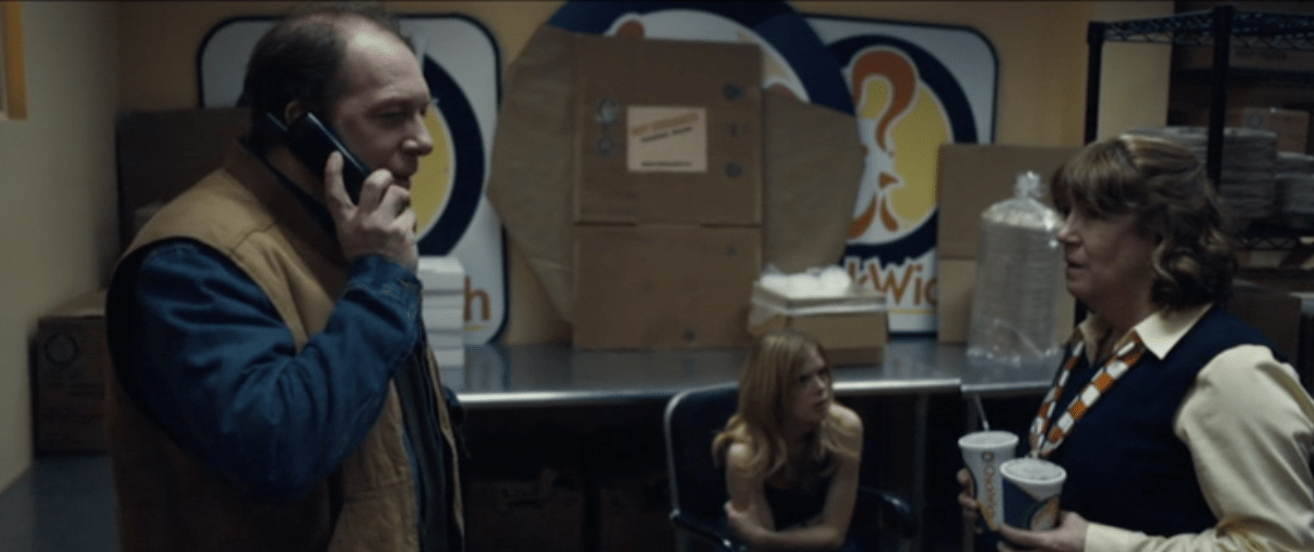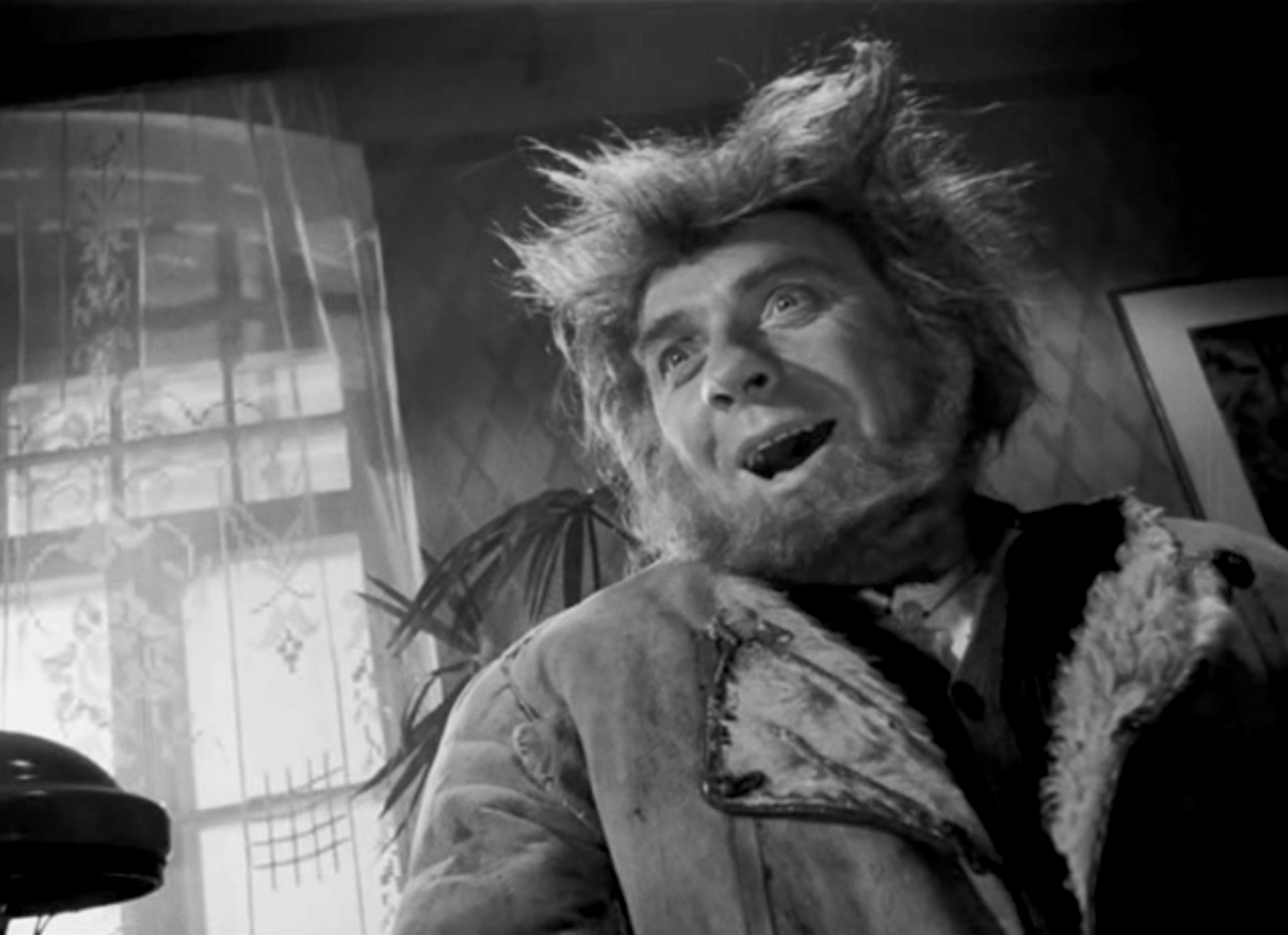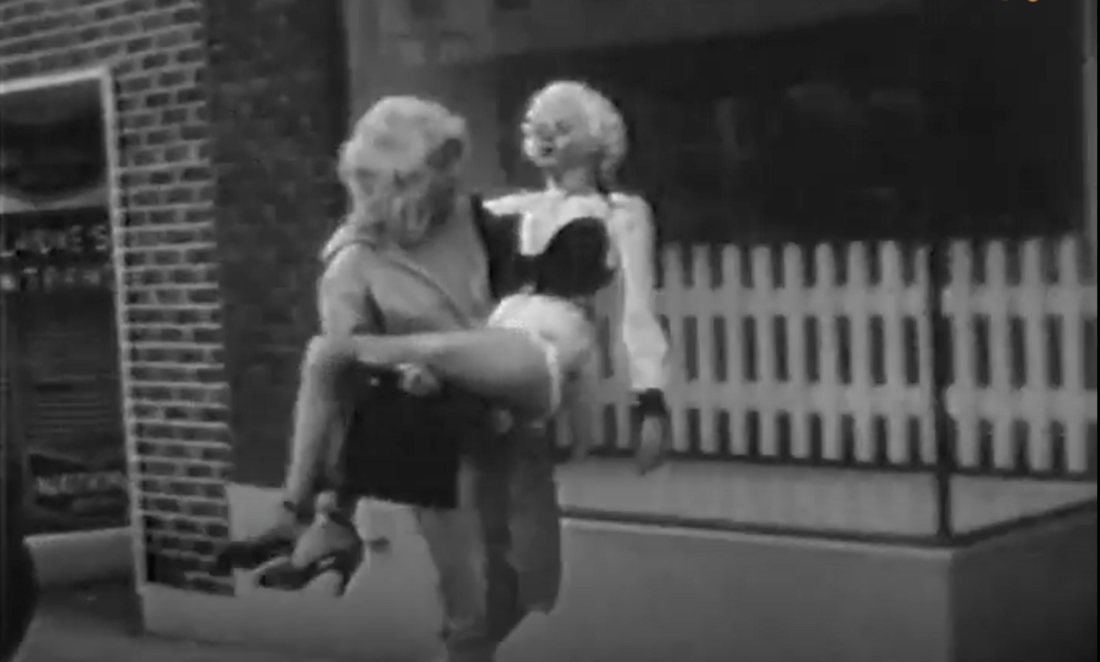
Fritz Lang made M in Germany in 1931, a time often referred to as the Weimar period, a time between the World Wars when an unstable and confused Germany searched for a sense of identity. Germans had to deal with a horrific past, an unstable present, and a hotly contested future that was perhaps too open to differing possibilities. The cacophony of voices advocating for drastically different versions of Germany’s future resulted in riots, as the country swung wildly from left to right and back again.
M is a crime thriller on the surface, but its genre plot is just a framework to address deep turmoil in both the character's psyche and in the psyche of the German people. M is a very German Film. It is the result of the unsettling trinity of Nietzsche, Schopenhauer, and Freud. For them, humanity was haunted by its animal origins. We might try to maintain a thin veneer of civility, but beneath the surface, we are filled with seething urges toward violence, sex, and avarice. For Schopenhauer, it was “der Wille,” for Freud, it was the id, and for Nietzsche, it was our conflicted and struggling inner-selves as a whole.
As a group, the three men present the human mind as a tortured and perverse series of unresolvable conflicts that leave us all in a state of anxiety and bewilderment. In M, we are presented with Hans Beckert, a child molester and murderer who is on trial. He does not stand before the official court of the Berlin judiciary, but in front of a giant rabble of thieves and criminals who are about to sentence him to death. It is a true jury of Beckert’s peers.
Lang doesn’t want to safely contain Beckert’s deranged passions in a conventional courtroom. Humanity cannot be represented in such a rarefied and artificial context. This tribunal takes place deep inside the terrifying recesses of the human subconscious. A dark auditorium of the mind, where the sanctimonious justice of democracy, decency, and religion dare not tread.
Beckert stands like a trapped animal, restless and desperate in front of the assembled crowd. Clawing at his own face, clutching his heart, covering his eyes, and falling to his knees as he pleads his case.
In another context, Peter Lorre's delivery might seem overdone and melodramatic, but he is not only speaking for himself. He is the tortured conscience of a nation, perhaps of humanity.
His mental illness lacks credibility. He hears menacing voices like a paranoid schizophrenic, but he is also narcissistic in the way he relates to others. He is a pedophile and a murderer as well. These diagnoses are not necessarily mutually exclusive, but it would certainly be a very unusual cluster of disorders to find in one person.

Again, the verisimilitude or believability of his character is not really what is most important. He is a stand-in, a symbol, a facet of our collective minds. He is not on trial by a panel of criminals, he is being tried by a narcissistic version of his own conscience.
Hans Beckert: “I can't help what I do! I can't help it, I can’t…"
Criminal: “The old story! We never can help it in court!”
Hans Beckert: “What do you know about it? Who are you anyway? Who are you? Criminals? Are you proud of yourselves? Proud of breaking safes or cheating at cards? Things you could just as well keep your fingers off. “
Beckert is speaking to the criminals, but also to the greedy non-criminals of society. He is also speaking to himself. He wants to cut society down to his size. He wants his inquisitors to understand him by showing them that they are no better than he is.
Hans Beckert: “You wouldn't need to do all that if you'd learn a proper trade or if you'd work. If you weren't a bunch of lazy bastards. But I... I can't help myself! I have no control over this, this evil thing inside of me, the fire, the voices, the torment!”
Schraenker: “Do you mean to say that you have to murder?”
With this question, we move away from Beckert’s internal dialogue and make way for a more judicial point of view. The question sets aside all the plaintiff pleading and asks if any of what Beckert is saying is actually relevant to the trial. It’s a reality check of sorts. Schraenker, the main inquisitor, has already expressed his desire to kill Beckert. This is not a fair trial in any way, but Beckert must still plead his case.
Schraenker is obviously unsympathetic to the insanity plea, but he is also denying the importance of the inner psyche and psychology altogether. As much as Freud and his peers were advocating a new vision of humanity’s connection to volition, many in society saw it all as nonsense. You cannot see or measure torment, regret, urges, and drives. Many felt that society should run entirely on concrete evidence, not just in its courts, but in all endeavors. “Beckert did the crime, so he must do the time, as simple as that. All of this sturm und drang about psychology is just a distraction.”
Hans Beckert: “It's there all the time, driving me out to wander the streets, following me, silently, but I can feel it there. It's me, pursuing myself! I want to escape, to escape from myself! But it's impossible. I can't escape.”
Mentally ill or not, we all routinely split ourselves into two opposing voices and argue with ourselves. Freud would see it as an argument between the ego and superego. For Freud, the superego is the collective voice of society. It is the “should” voice. In this way, Beckert is wrestling with what he should and should not do, as opposed to what he can and can not do. They are different images of himself and what he is capable of, and what he is responsible for.
Just as society has a difficult time understanding and accommodating mental illness, Beckert has a problem with understanding and accommodating society. For him, society lacks any self-awareness. His self-awareness has been thrust upon him by his horrific actions, but society is blind to its own nature and does not realize its own illnesses.
In the English and French versions of the film, the entire trial scene is omitted and replaced with happy scenes of children safely playing in the street. The distributors must have anticipated a difference between the German temperament and the rest of Europe. Whether there was an actual difference between cultures cannot be truly known, but the alteration speaks to a perceived difference in what different societies can allow or imagine.
Beckert is a murderer of children, not of adults. In fact, he seems rather small and unthreatening in the adult arena. Beckert murders the vulnerable purity of youth. He is destroying society’s innocence and forcing it to reckon with what it most fears. He represents what the bourgeois will not acknowledge, the irrational, deranged, and overwhelming passions of our deeper selves.
While Beckert testifies, Lang intercuts reaction shots from the crowd. As Beckert gets increasingly frantic and pathetic, we see the audience being moved. Some of them seem to understand what Beckert is saying, while others just seem even more horrified. There is the primal question of humanity’s ability to balance emotion and reason, but there is also a societal question of our ability to survive as a cohesive, law-abiding culture. Will Germany heal from the war, or will society succumb to its more base urges?

Beckert: “I have to obey it. I have to run, run... endless streets. I want to escape, to get away! And I'm pursued by ghosts. Ghosts of mothers and of those children... they never leave me. They are always there... always, always, always!, except when I do it, when I... Then I can't remember anything. And afterwards, I see those posters and read what I've done, and read, and read... did I do that? But I can't remember anything about it! But who will believe me? Who knows what it's like to be me? How I'm forced to act... how I must, must... don't want to, must! Don't want to, but must! And then a voice screams! I can't bear to hear it! I can't go on! I can't... I can’t…"
Again, the depiction of mental illnesses here may not be the most accurate. Lang is freely mixing and matching symptoms and dynamics, but the resulting condition is not entirely implausible.
Even with the fever-pitch acting, and the muddled depiction of mental illness, Lorre’s soliloquy is completely gripping. This character is a voice inside our heads that we have heard before. It may not have asked us to kill someone. It could be torment over cheating on a spouse or cheating on a diet, but we recognize Beckert’s words. The scene is a junction where our contemporary anxieties can cross paths with the anxieties from a place and time that may seem distant, but still highlight something universal and eternal that we cannot resolve.

If you enjoyed this article you might also enjoy - https://filmofileshideout.com/archives/favorite-scenes-%e2%84%962-rashomon/



